 bazilfoto/Getty Images
bazilfoto/Getty Images An enemy seeks our destruction. Before engaging us in battle, he sends a priest to curse us. However, the priest has integrity and thus tells the one who seeks our destruction that he can only say words that God puts in his mouth.
And so when the priest finally sees us, he offers words of blessing, a blessing so beautiful that for thousands of years we quote it in our own worship: “Mah tovu ohalecha Ya’akov! Mishkinotecha Yisrael! How good are your tents O Jacob! Your dwelling places O Israel!” (Numbers 24:5).
The commentators wonder what it was that this priest, named Balaam, saw in us that was so beautiful. He was sent by the powerful king of Moab to curse us. Instead he offered words of praise. Why?
In a time when we hear so many voices—often amplified by social media—describing what they perceive to be our ugliness and moral depravity (we are called colonizers and oppressors, architects of apartheid, instigators of injustice), Balaam’s words remind us to reflect on the beauty and grace of our community and people.
What is so “tov” then, so good, about the descendants of Jacob, the nation called Israel?
I have my own list. It’s a long one, so for now I’ll just share a few highlights. And while I don’t claim to be objective, much of what you’ll read is objectively true.
How good it is that, for more than three millennia, we have contributed, disproportionate to our numbers, to every society in which we have lived. From Egypt to the empires of Greece and Rome; to North Africa; to the Middle East; to Europe; to Asia, and to the Americas, Jews have served in government advising kings and queens, prime ministers and presidents. We have distinguished ourselves in the fields of medicine and science, contributed to the culture of every place in which we have dwelled in the form of music, drama and art while simultaneously, in each of these cultures, facing prejudice and oppression. Through it all, we never turned our backs on that nation’s culture, never became the “fifth column” that Pharaohs and other would-be-oppressors warned we would be.
How good it is that despite all of the ways we have been victimized and oppressed, we have refused to see ourselves as victims. Every time we have been knocked down, we rise up again. In the depths of darkness and despair we declare, generation after generation, that though the messianic age may be delayed, we will never stop believing in its inevitability. We have always been and will, I trust, always be the people described by the prophet Zechariah as “prisoners of hope” (“asirey ha-Tikva).” Even if we wanted to give in to despair, we simply can’t. We are resilient and strong. We are more than survivors. In every culture, in every setting, no matter the barriers, no matter how uneven the playing field, we find the way to thrive.
Even if we wanted to give in to despair, we simply can’t. We are resilient and strong. We are more than survivors.
How good it is that though we have often been as that same prophet Balaam describes, “a people that dwells apart, not reckoned among the nations” (Numbers 23:9), we refuse to give in to xenophobia, to fear of the other. Overwhelmingly, we as a people find ways to integrate ourselves into the host society, tirelessly building bridges instead of walls. While at times this could be viewed as a weakness, a type of naivety that continually undermines our own security, I see it as another one of our Jewish superpowers. Even if you refuse to “reckon us among the nations,” we will contribute, we will participate, we will insist on our right to exist. And we will do all of this in a way that consistently demonstrates just how important our existence is to the broader world, to civilization itself.
How good it is that we are here, not just for ourselves, but for the world as well. As our Aleinu prayer reminds us daily, our sacred task is l’takein olam b’malchut Shadai—to repair our world in partnership with God. Note that we are not called only to worry about our own selves, our own community, our own tents and dwelling places, but also to be concerned with the needs of the world as a whole. To be for ourselves of course but, as Hillel reminds us, to be for others as well. How very good is that?
How good it is that we are here and here we shall remain. In the words of Mark Twain, writing in 1899 and reflecting on the miracle of Jewish existence in the face of seemingly unending Jew-hatred: “All things are mortal but the Jew; all other forces pass, but he remains.”
V’chein yirbu, may it always be so.
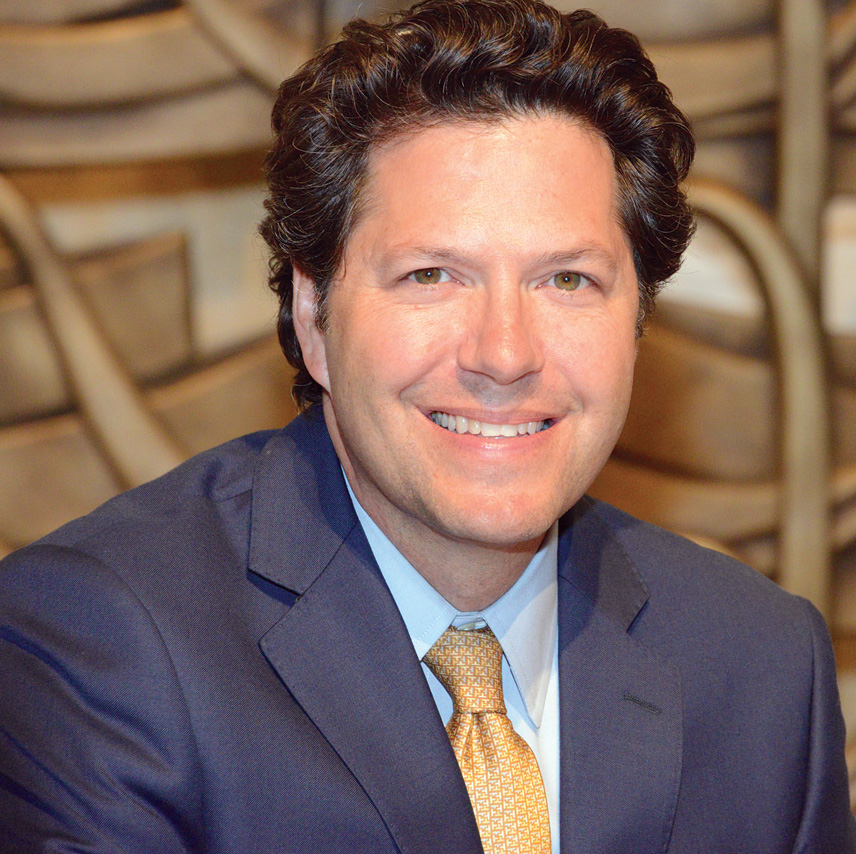








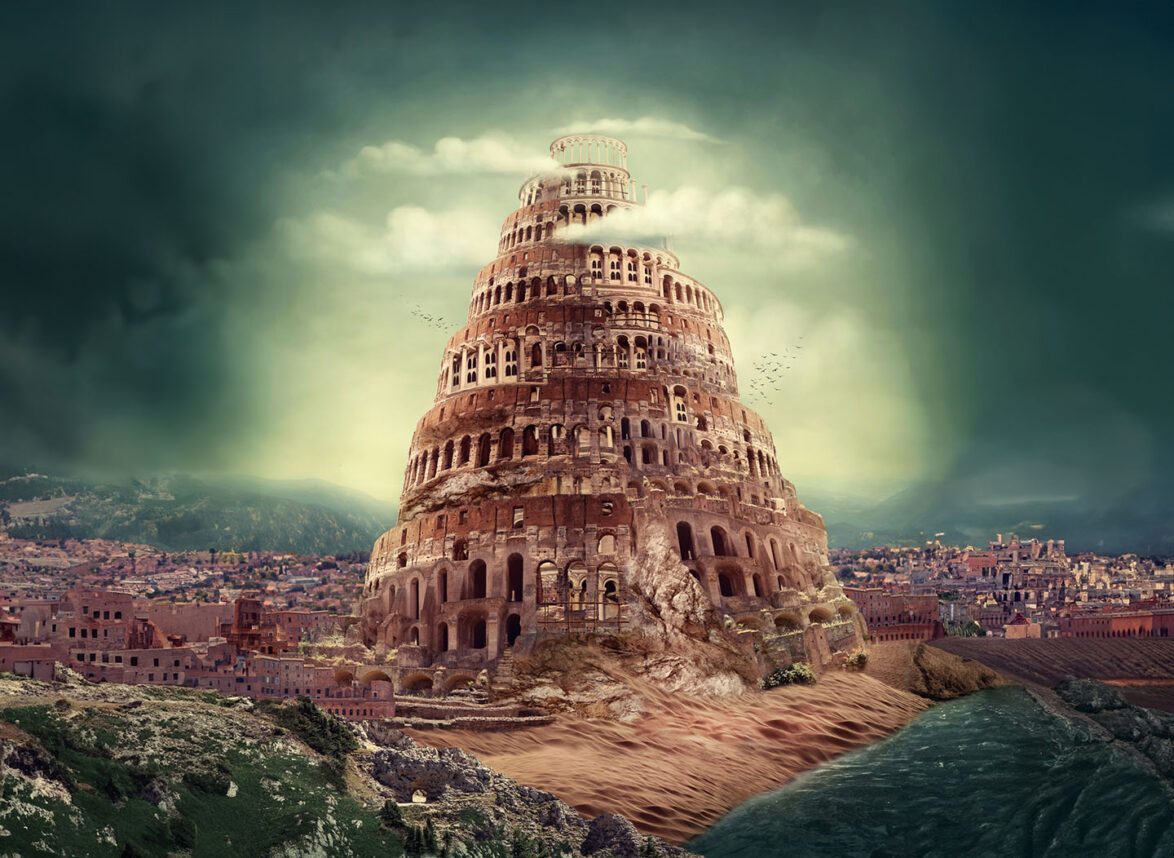
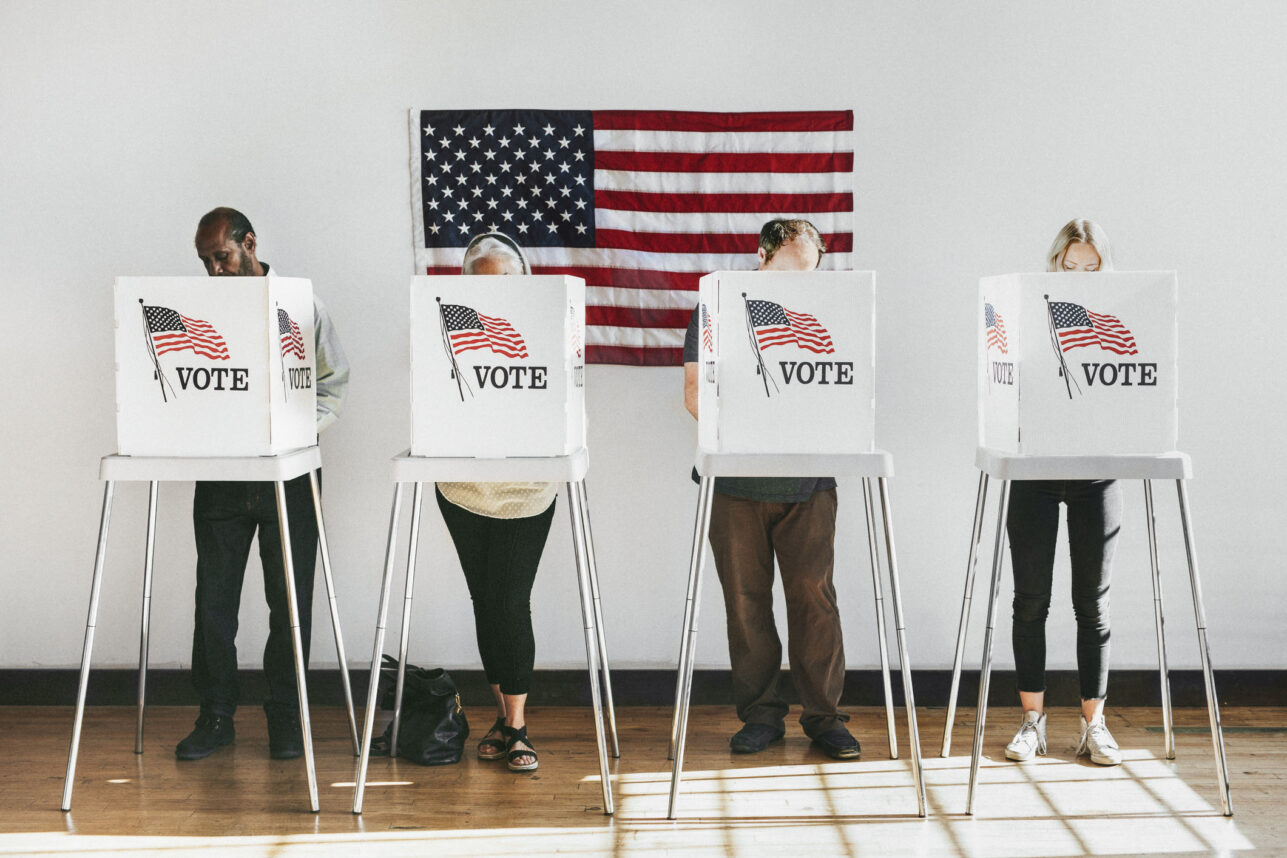





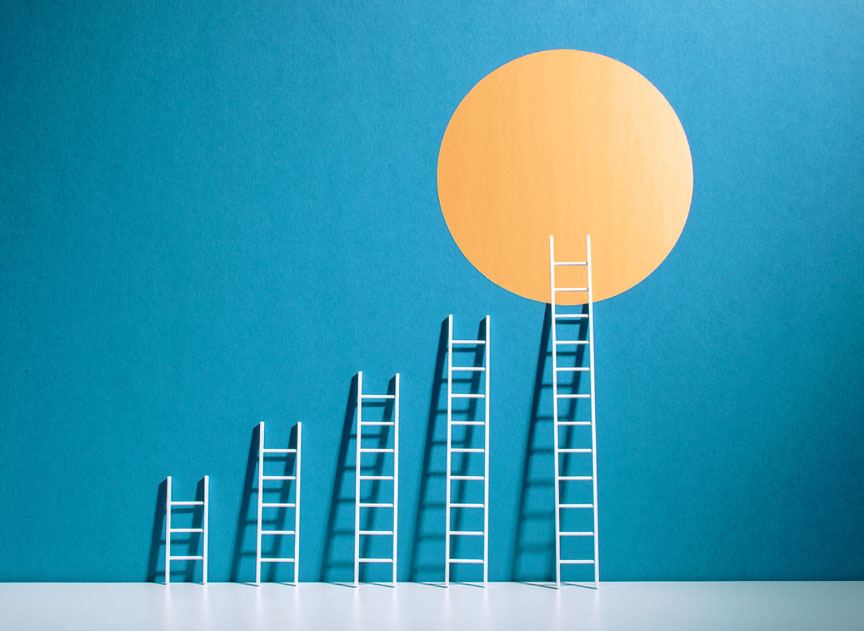



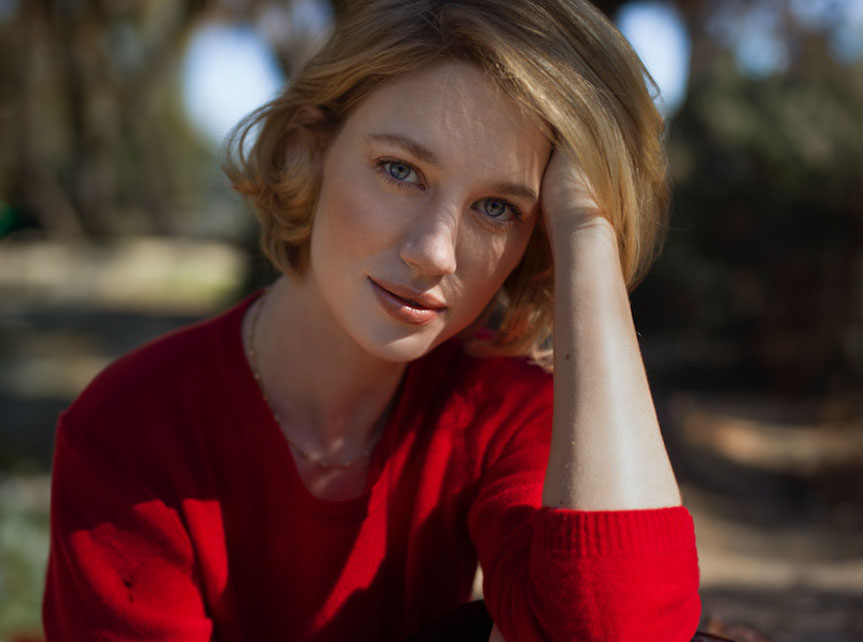
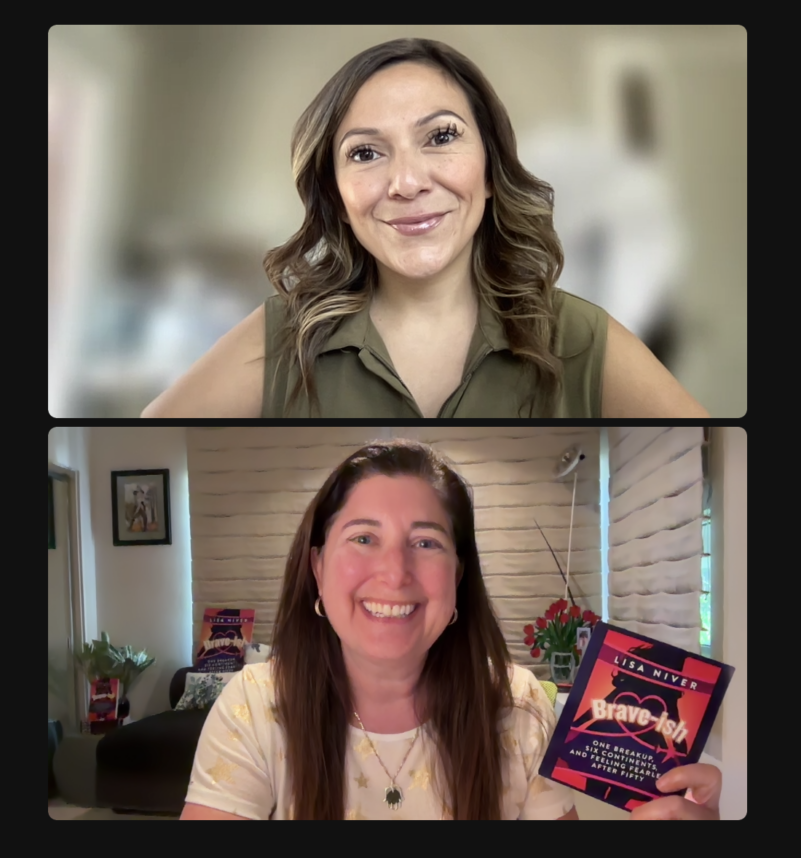
 More news and opinions than at a Shabbat dinner, right in your inbox.
More news and opinions than at a Shabbat dinner, right in your inbox.